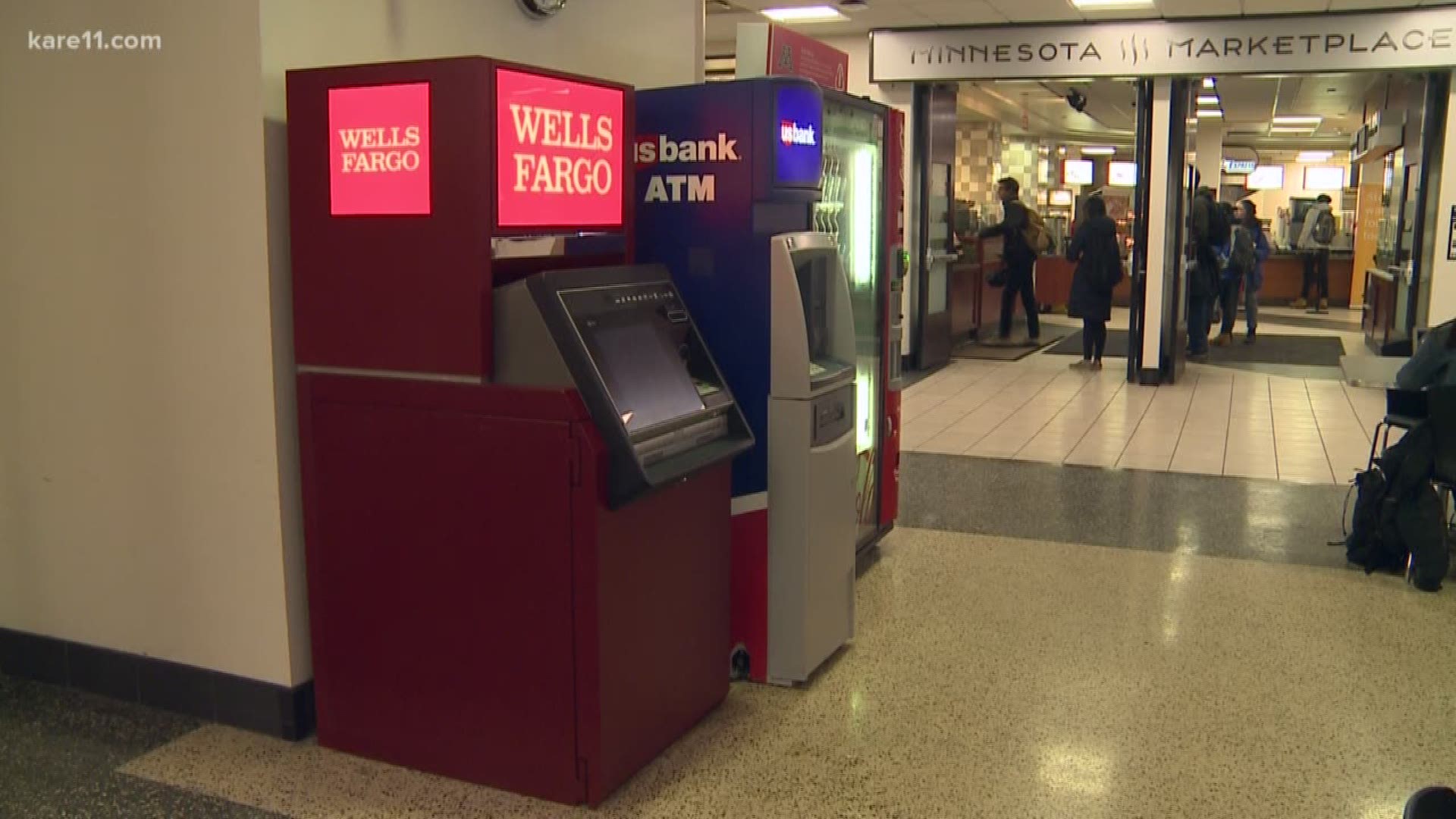MINNEAPOLIS — Vending machines are a common sight at college campuses, but a group of students at the University of Minnesota is considering one that would contain the morning after pill.
"It's just a way to make health care more affordable and more accessible," Minnesota Student Association (MSA) member Sravani Sadineni says.
Sadineni leads MSA's health and wellness committee and says the idea came from students.
"We were approached by several students who encounter this issue and wanted a solution," Sadineni says.
The problem is that students don't always have affordable access to this emergency contraceptive.
The pills are sold at Boynton Health on campus, but the pharmacy and clinic are only open Monday through Friday from 7:45 a.m. to 4:30 p.m. most days.
"I think that's one of the students' concerns is that the weekend happens and sex happens on weekends and if they can't have access to it readily then it becomes a problem," Boynton Health Gynecologist Dr. Ann Laros says.
Pharmacies near campus also sell the pills and are open 24 hours a day, seven days a week, but Dr. Laros says these pharmacies charge nearly three times more than Boynton, with pills costing upwards of $50 a pill.
"We're certainly not the first campus. I can think of a number of campuses that have been doing it for a number of years, five to 10 years," Dr. Laros says.
Colleges like the University of California system, and other schools like Dartmouth and Stanford already have emergency contraceptive vending machines on campus.
"Making them more accessible has never been shown to increase the usage, if anything, more people just feel more comfortable accessing something they already need," Sadineni says.
A recent survey showed 81.1 percent of students on campus report having 0-1 sexual partners within the past 12 months.
And only 1.3 percent of students report using emergency contraception.

